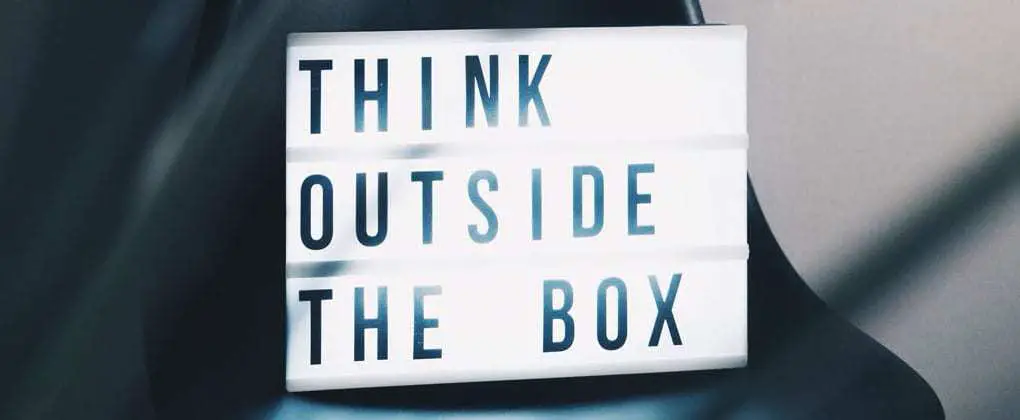When it comes to everyday carry and how it relates to the individual, I believe there are four areas we need to focus on. Typically, those of us who like gear can find ourselves focusing on just that…the gear. However, gear and equipment can only take us so far. There are other vital areas we need to focus on before gear. Keep in mind, I’m talking about the gear you intentionally purchase to perform a function.
I’m not talking about collecting, investing, or buying things just because you like them. There is a time and place for all of those, I am merely focusing on the stuff you count on to be there when you need it.
“We need to have the mindset to do what we need to do, the physical capability to carry it out, the skills to efficiently do it, and the equipment to support the task.”
Let’s discuss the four types of everyday carry that are the most important.
Even though I’m going to mention four areas, my thoughts are the first three listed below are more important than our gear and should dictate our gear selections. The four areas are:
- Mindset
- Physical Fitness/Capabilities
- Training/Education
- Gear/Equipment
Mindset

Your mindset is basically your mental attitude in regards to how you will interpret and respond to various situations. How do you prepare mentally for the different events you will be or may be involved in? Your mindset is a constant and is something you carry with you regardless of the situation. The good thing is that your mindset can be changed or adjusted over time.
Physical fitness and capabilities
This is your physical ability (from a health/physical fitness standpoint) to be able to respond appropriately to a given situation. This can be a tough one because some folks get turned off by the topic or they feel like others are stepping on their toes. The bottom line is we need to be physically capable to handle our business…whatever that may be.
Physical fitness is something that can go neglected for long periods of time and it usually gets pushed to the bottom of the list in terms of priority. Most research indicates we spend more than two hours per day on social media. Two hours! What if we cut that in half and spent an extra hour improving our physical fitness?
Training and education

It is incumbent upon all of us to have the proper training to respond to high-stress, highly-fluid situations.
In the middle of a traumatic event is not the time to “figure out” how to use new gear, a new tourniquet, or practice the latest or greatest self-defense technique. Proficiency requires time and commitment. It also requires you to learn from someone who is a teacher and not just a lecturer.
Of equal importance, you also have to be a good student. Going into a class with preconceived notions based on the information you gathered from online forums or YouTube videos will set you up for failure. Keep an open mind. Once you have gathered this information, it is vitally important for you to maintain what you have learned. What are you doing to maintain or improve upon diminishing skills?
Gear and equipment
Now that you have your mindset, physical fitness, and training squared away, it’s time to supplement those areas with something we all love…gear! There is nothing wrong with having gear just because. I have my fair share. Although, when it comes to buying gear that has a specific purpose (task-specific), we need to be deliberate in our decisions.
Those selections should be based on our mindset, capabilities, and training. Be proficient in the use of the gear you depend on and make sure your gear will work when you need it. Don’t skimp on something of critical value. How much is your life or a loved one’s life worth?
Keep in mind, this is just a primer on what I believe to be the 4 critical areas of a well-rounded EDC. In future articles, we will expand on each of these individually in more detail.
We need to have the mindset to do what we need to do, the physical capability to carry it out, the skills to efficiently do it, and the equipment to support the task.

